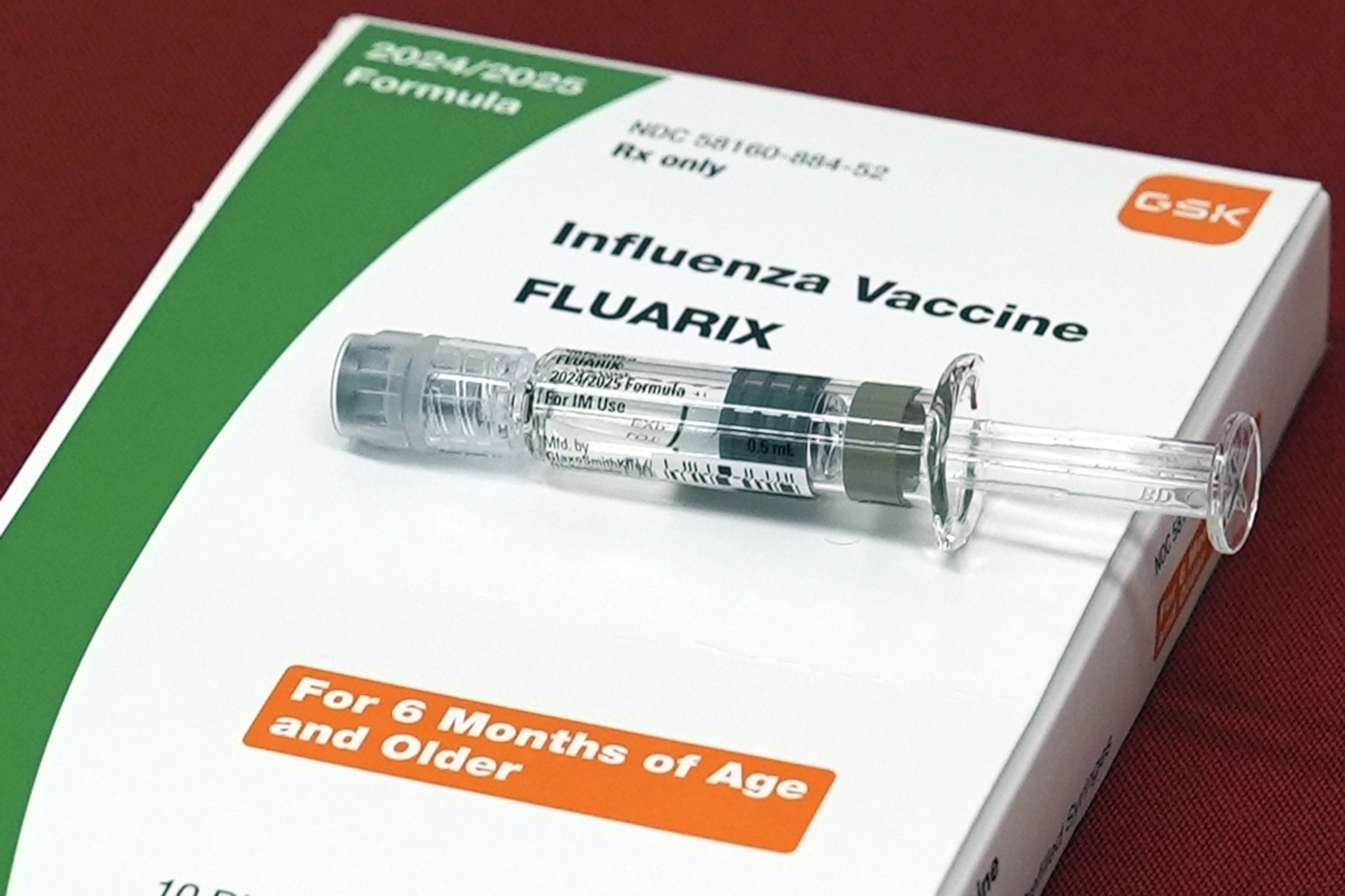CDC Recommends Annual Flu Shots Amid Thimerosal Controversy and Policy Changes
The CDC urges annual flu vaccinations for all ages while addressing Thimerosal's role in vaccines and recent health policy shifts under the Trump administration.
Subscribe to unlock this story
We really don't like cutting you off, but you've reached your monthly limit. At just $5/month, subscriptions are how we keep this project going. Start your free 7-day trial today!
Get StartedHave an account? Sign in
Overview
- The CDC advisory panel recommends annual flu vaccinations for everyone aged 6 months and older to enhance public health measures.
- Thimerosal, a mercury-based preservative, is being phased out, with most flu vaccines now thimerosal-free, reflecting a significant safety shift.
- Recent evidence shows no proven link between prenatal thimerosal exposure and autism, despite ongoing scrutiny from vaccine advisory groups.
- The Trump administration's health policy changes may affect vaccine availability, with Health Secretary RFK Jr. needing to approve certain modifications.
- Nearly 80 medical groups, including the AMA, support vaccinations for respiratory illnesses, while the American Academy of Pediatrics maintains its own vaccine schedule despite policy shifts.
Report issue

Read both sides in 5 minutes each day
Analysis
Center-leaning sources frame the Trump administration's vaccine policy changes with a critical lens, highlighting potential risks and controversies. They emphasize the influence of health officials like Kennedy while showcasing support from medical groups. The narrative suggests a tension between established medical guidance and emerging policy shifts, reflecting skepticism towards new directives.
Articles (13)
Center (5)
FAQ
The CDC recommends annual flu vaccinations for everyone aged 6 months and older, with rare exceptions, to reduce the risk of influenza and its potentially serious complications each flu season.
Thimerosal, a mercury-based preservative, is being phased out from flu vaccines, with most flu vaccines now available as thimerosal-free single-dose formulations to enhance safety.
Recent evidence shows no proven link between prenatal thimerosal exposure and autism, despite ongoing scrutiny and concerns addressed by vaccine advisory groups.
Health policy changes under the Trump administration may impact vaccine availability, as modifications to vaccine recommendations or programs require approval from Health Secretary RFK Jr., potentially influencing vaccine distribution and scheduling.
Nearly 80 medical groups, including the American Medical Association, strongly support vaccinations for respiratory illnesses, while the American Academy of Pediatrics continues to maintain its own vaccine schedule despite policy shifts.
History
- 4M

 4 articles
4 articles
- 4M

 3 articles
3 articles










